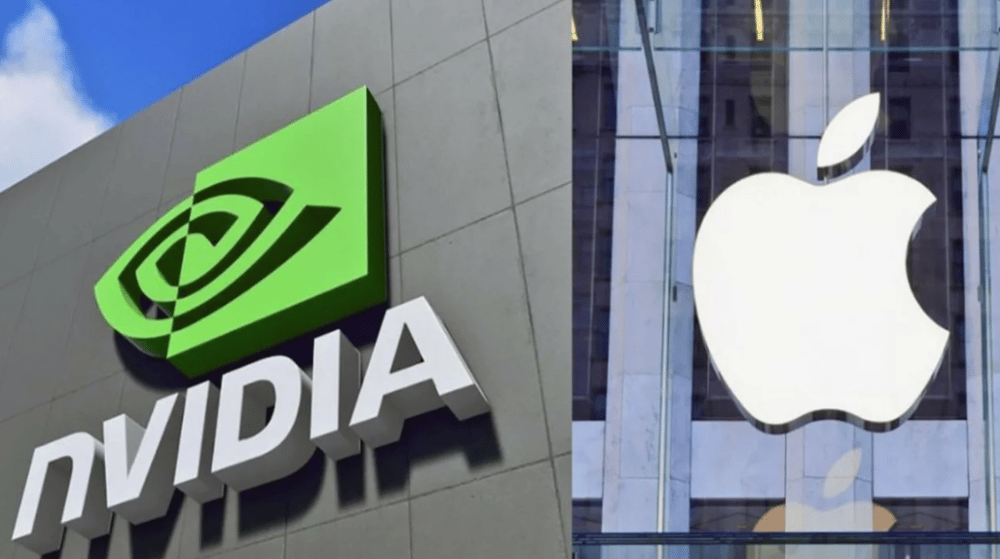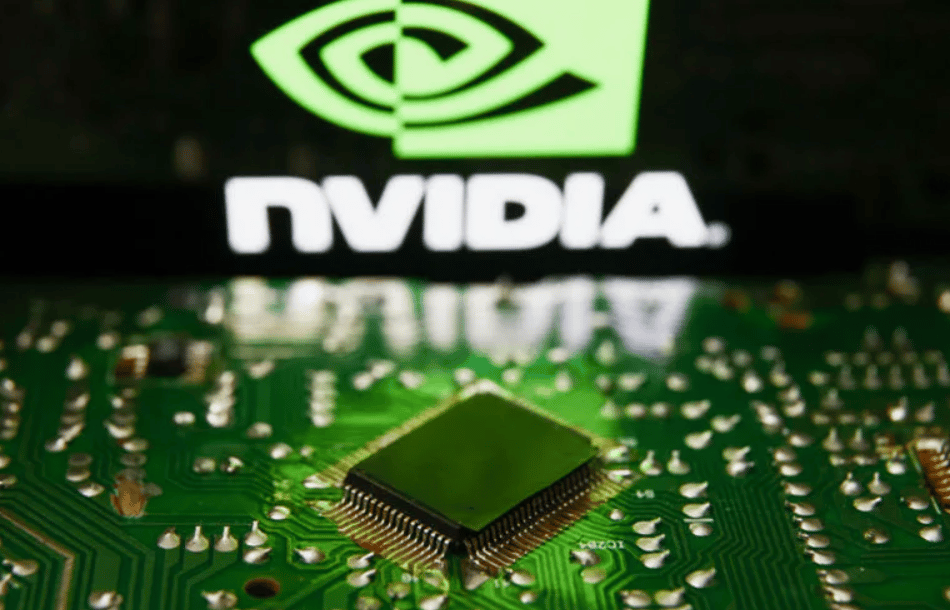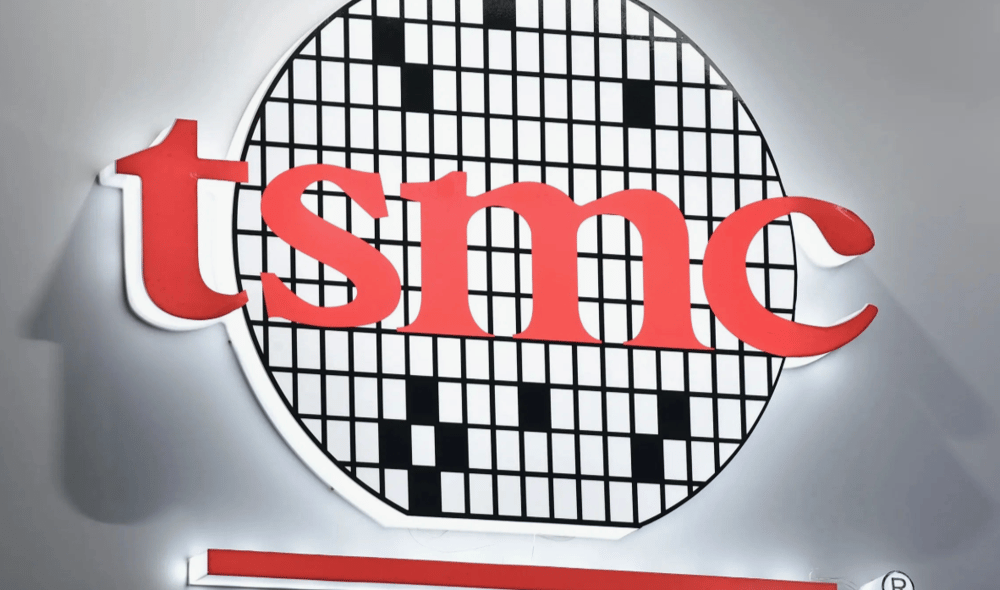U.S. Tariffs Pressure TSMC Amid Surging AI Chip Demand from Apple and Nvidia
U.S. tariffs on Chinese-made technology products and semiconductor-related inputs are again casting a shadow over global chipmakers, particularly Taiwan Semiconductor Manufacturing Company $2330.TW. As the world's largest contract chip producer, TSMC plays a vital role in powering devices and systems for leading tech firms such as Apple $AAPL and Nvidia $NVDA.
On Tuesday, TSMC confirmed that American trade policy is having an impact on operations, though the company emphasized that artificial intelligence (AI) chip demand continues to exceed supply. The company's remarks underscore the complex interplay between geopolitics and the global semiconductor cycle, at a time when cutting-edge chips are central to both economic competitiveness and national security.
TSMC Navigates U.S. Tariffs While Managing AI Supply Pressure
The ongoing trade tensions between Washington and Beijing have contributed to higher production costs, regulatory compliance risks, and strategic uncertainty for chipmakers operating across multiple jurisdictions. For TSMC, which manufactures high-end semiconductors used in AI, 5G, and consumer electronics, the implications are material.
Although TSMC did not specify which tariffs have impacted its operations, the reference aligns with Washington’s broader efforts to curb China's access to advanced semiconductors and restrict global chip flows that could benefit China's tech sector. These constraints, while aimed at national security, have spillover effects on non-Chinese suppliers that rely on U.S. technology, licenses, or customers.
Despite these headwinds, TSMC’s order book remains robust, driven by strong AI-related demand from clients like Nvidia and Apple. The global race to develop and deploy large language models, autonomous systems, and high-performance computing infrastructure has significantly boosted demand for advanced-node chips—especially those produced using 3nm and 5nm process technologies.

Key Facts
TSMC acknowledged that U.S. tariffs have a measurable impact on its operations.
The company has engaged in direct discussions with U.S. government officials regarding policy effects.
Demand for AI semiconductors remains elevated, with persistent supply tightness.
Key clients include Apple, Nvidia, and other leading U.S. tech firms.
The company's advanced chip manufacturing capacity is near full utilization.
TSMC continues to expand in the U.S., with fabs planned in Arizona, amid broader supply chain diversification.
Market Sentiment and Industry Implications
While TSMC stock (2330.TW) remained stable in Tuesday trading, investors are carefully monitoring the combined effects of trade restrictions, global supply constraints, and rising input costs. Analysts argue that policy uncertainty remains a key risk factor, not only for TSMC but for the broader global semiconductor value chain.
Meanwhile, continued strong demand for AI hardware, including GPUs and custom silicon, supports revenue visibility. Nvidia, a dominant buyer of TSMC’s high-performance chips, recently posted record earnings driven by AI acceleration, while Apple continues to integrate increasingly sophisticated chips into its product ecosystem.
Industry observers note that TSMC's reliance on both U.S. and Chinese markets puts the company in a delicate strategic position. Its expansion in Arizona (USD-denominated investments) aims to partially mitigate these risks, though high capital expenditure and regulatory burdens persist.

Key Developments
TSMC confirms tariff-related disruptions, citing ongoing engagement with U.S. authorities.
AI-driven chip demand continues to outpace supply, supporting TSMC’s pricing power.
Nvidia and Apple remain key drivers of volume and innovation, relying on TSMC’s leading-edge nodes.
U.S. industrial policy encourages domestic semiconductor production, reshaping global supply lines.
Geopolitical factors remain a persistent risk, particularly in cross-border trade and intellectual property.
Strategic Uncertainty vs. AI Tailwinds for TSMC and the Semiconductor Sector
TSMC’s latest remarks reflect the broader dilemma facing global semiconductor firms: navigating geopolitical uncertainty while scaling up to meet surging AI demand. As a key enabler of the digital economy, TSMC must balance its relationships with both U.S. policymakers and clients with its operational exposure in Asia.
The growing divide between trade policy and technological innovation creates friction that even dominant players like TSMC cannot fully avoid. However, robust AI demand from companies like Nvidia and Apple provides a critical buffer, ensuring strong utilization and earnings momentum—even amid regulatory turbulence.















Comments